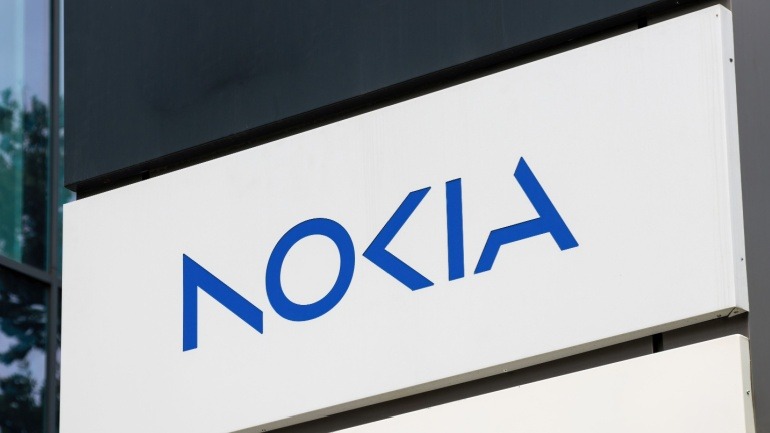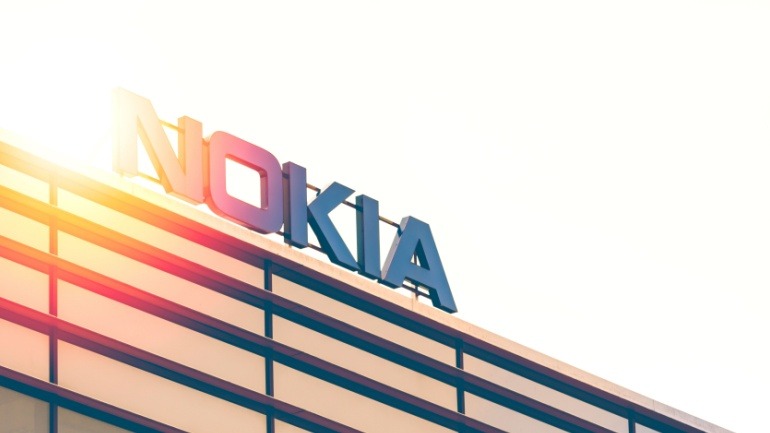Nokia, in collaboration with the HellasQCI consortium, has achieved a significant milestone in the realm of quantum-safe connectivity infrastructure. The joint initiative aimed to assess the viability of quantum-safe solutions across diverse sectors, including government, research, education, defense, law enforcement, and private sector critical infrastructure owners.
During the project, conducted within an optical network ring topology spanning three locations in Greece, Nokia executed a successful demonstration of hybrid key generation. This process employed both classical and quantum physics to generate and distribute Quantum-Safe keys for securing optical services.
The Nokia Quantum-Safe Network (QSN) solution featured the integration of a Nokia Security Management Server (SMS). This server played a pivotal role in orchestrating quantum-safe keys, offering continuous monitoring, and managing the quantum-secured connectivity. A key component of this success was the Quantum-Safe Key orchestrator, a tool capable of enhancing secured connectivity resiliency by automatically reverting to classic physics-based keys in case of issues on the Quantum Key Distribution (QKD) layer.
James Watt, Head of the Optical Networks Division at Nokia, expressed pride in partnering with HellasQCI, emphasizing the importance of such test environments in preparing networks for inevitable quantum-level cybersecurity threats. Watt highlighted Nokia’s commitment to providing a structured framework and collaborative partner-based approach, leveraging their extensive experience in managing large-scale and complex deployments.
The advent of quantum computing brings both immense possibilities and challenges. While quantum computing could potentially address global issues, it also poses a threat to current encryption methods. The release warns that in the wrong hands, a quantum-powered attack could easily compromise life-sustaining critical infrastructure. Mitigating such risks becomes imperative for the overall success of the quantum computing project. Nokia’s successful test marks a crucial step in developing solutions to safeguard against potential quantum threats in the evolving landscape of cybersecurity.







